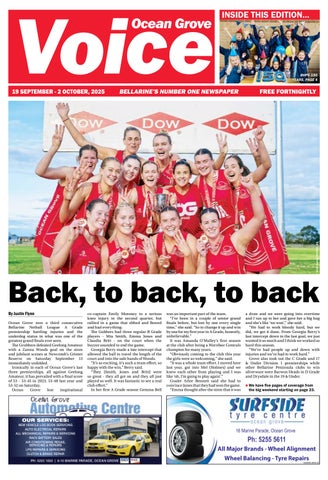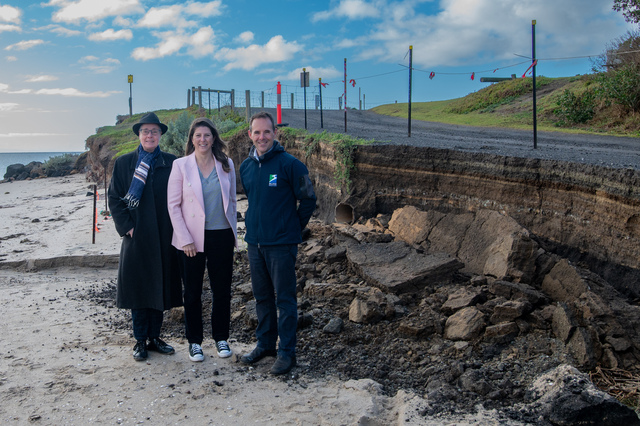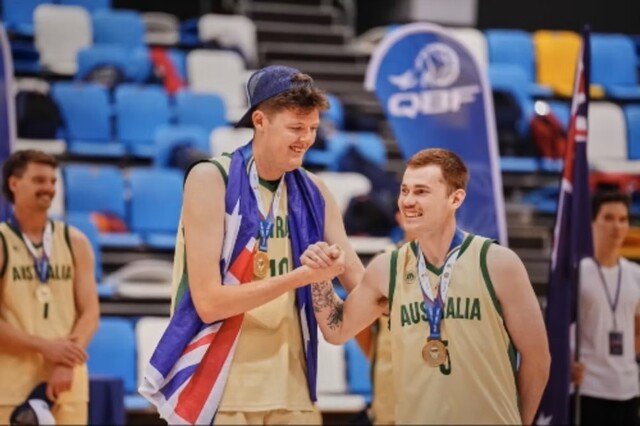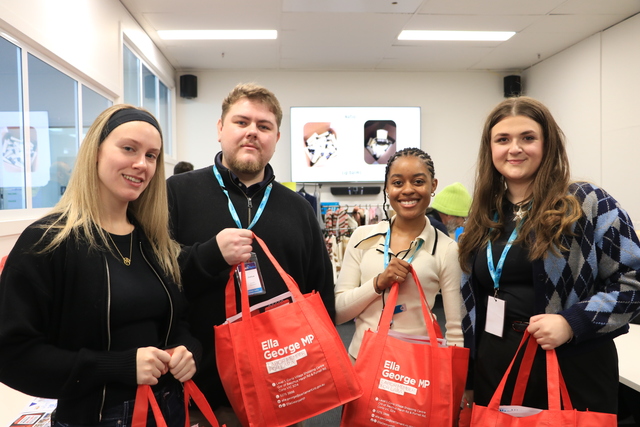It is always vital to ensure the region’s infrastructure reflects the needs of the community.
Whether it is road upgrades, community hubs, playground equipment, trails or sporting facilities, keeping pace with community demand is one of many balancing acts council must achieve.
The rise in participation in female sports competitions in recent years means it is more important than ever to ensure the region’s facilities meet community expectations.
That is why council voted unanimously to endorse the release of the Draft Greater Geelong Fair Access Policy for the purpose of broader community engagement at our March meeting.
The Draft Greater Geelong Fair Access Policy addresses some of the barriers experienced by women and girls in accessing and using community sports infrastructure.
It aims to build the capacity and capabilities of the City of Greater Geelong and associated stakeholders in identifying and eliminating the causes of gender inequality in policy, programs, communications, and delivery and allocation of community sports and recreation infrastructure.
One of the areas of the draft policy I think is worth discussing is the fact it aims to reduce the substantial gap not only in the participation of women and girls in sport and recreation, but in the gender imbalance in leadership positions across all levels of the Victorian sporting and recreation industry.
In other words, it is as much about off-field representation as it is on-field access.
You can’t be what you can’t see and having women in positions of leadership makes it more likely young girls coming through the ranks at clubs across Greater Geelong will believe they too can hold positions such as a club president or secretary.
The Draft Greater Geelong Fair Access Policy was developed in response to the Victorian Government Fair Access Policy Roadmap, and to stay eligible for state government funding opportunities, all councils require an endorsed Fair Access Policy effective from 1 July this year.
So beyond doing this for the greater good of the region and for women and girls playing sport in Geelong and the Bellarine, a Fair Access Policy is now a requirement, with a focus on infrastructure, programs and governance.
Sport is a highly visible and valued feature of Greater Geelong’s culture and identity.
But it should be accessible to all, and we know that women and girls in particular have at times felt excluded in their pursuit to play or be involved in local sport.
Research has revealed that 28 per cent of women have considered leaving their club due to inequitable treatment.
This may be because women are 2.5 times more likely to report feeling unwelcome at their sporting club compared to men, and that women and girls feel they don’t have access to the best courts or grounds and have facilities of lesser standard.
So, we have to do whatever we can to change those views, and we know that our actions will speak louder than words.
I encourage everybody to explore the City’s Have Your Say page yoursay.geelongaustralia.com.au/draft-fair-access-policy and provide your feedback.









